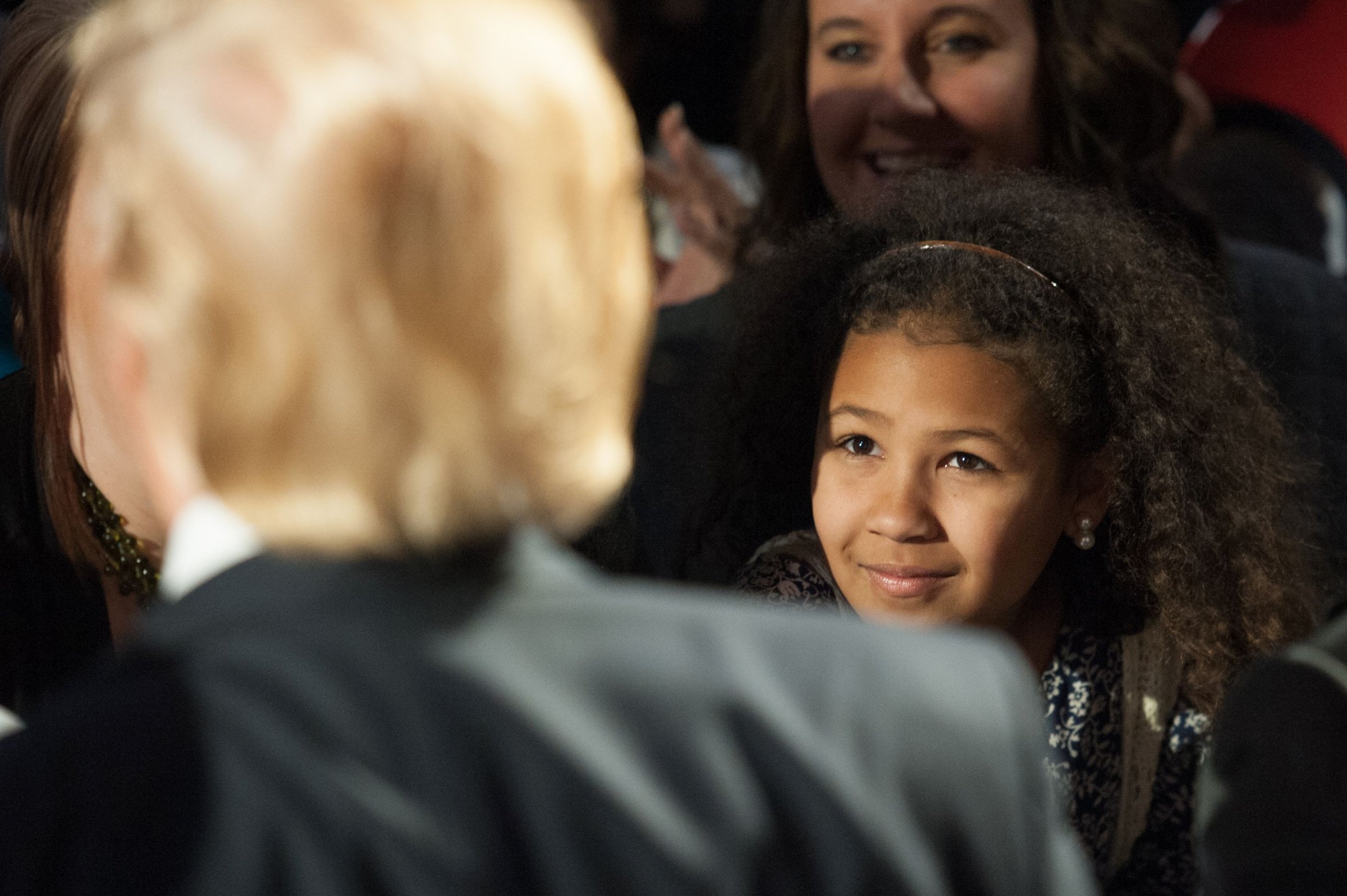
What with the name-calling and the finger-pointing, a lot of adults are bewildered by the wild swings of this year’s presidential primaries.
But how does it affect kids? And how can parents start worthwhile conversations with them about what’s going on in politics?
Parents may not think elementary age kids care much about politics, says Lynn Vavreck, professor of political science and communications at UCLA. But in fact, in elementary school classes, “kids parrot back everything” parents say. So setting the right tone from a young age is important, Vavreck says. “Politics conversations are polite conversations. That’s rule No. 1.” Kids may also have deep emotional responses to political conversations, like hearing that a candidate will be bad for women, or get the country into a war. Parents can help by asking kids what they’ve heard about the election, and talking through their reactions.
By middle school, Vavreck says, parents can start having conversations with kids about political identity: why family members consider themselves part of one party or another, and what issues are important to them. And by asking kids what they think, which lets kids know two key things: it’s important to think through political decisions, and it’s O.K. to come to your own conclusions.
Read More: How to Spark Kids’ Interest in Civil Rights
High school kids, who are only a few years away from voting themselves, can start to really engage with the details of an election, says Vavreck, “knowing the candidates, how they’re different.” Kids may form different opinions than parents around this age, she says – or hold similar positions, but for different reasons. But for parents, the goal is to keep kids engaged, both with the political process, and in conversation.
At any age, Vavreck says, it’s crucial to remember what we agree on: “Other people have other experiences or other ideas,” she says. But at the end of the day, “everybody is just trying to solve problems.”
More Must-Reads From TIME
- Dua Lipa Manifested All of This
- Exclusive: Google Workers Revolt Over $1.2 Billion Contract With Israel
- Stop Looking for Your Forever Home
- The Sympathizer Counters 50 Years of Hollywood Vietnam War Narratives
- The Bliss of Seeing the Eclipse From Cleveland
- Hormonal Birth Control Doesn’t Deserve Its Bad Reputation
- The Best TV Shows to Watch on Peacock
- Want Weekly Recs on What to Watch, Read, and More? Sign Up for Worth Your Time
Contact us at letters@time.com